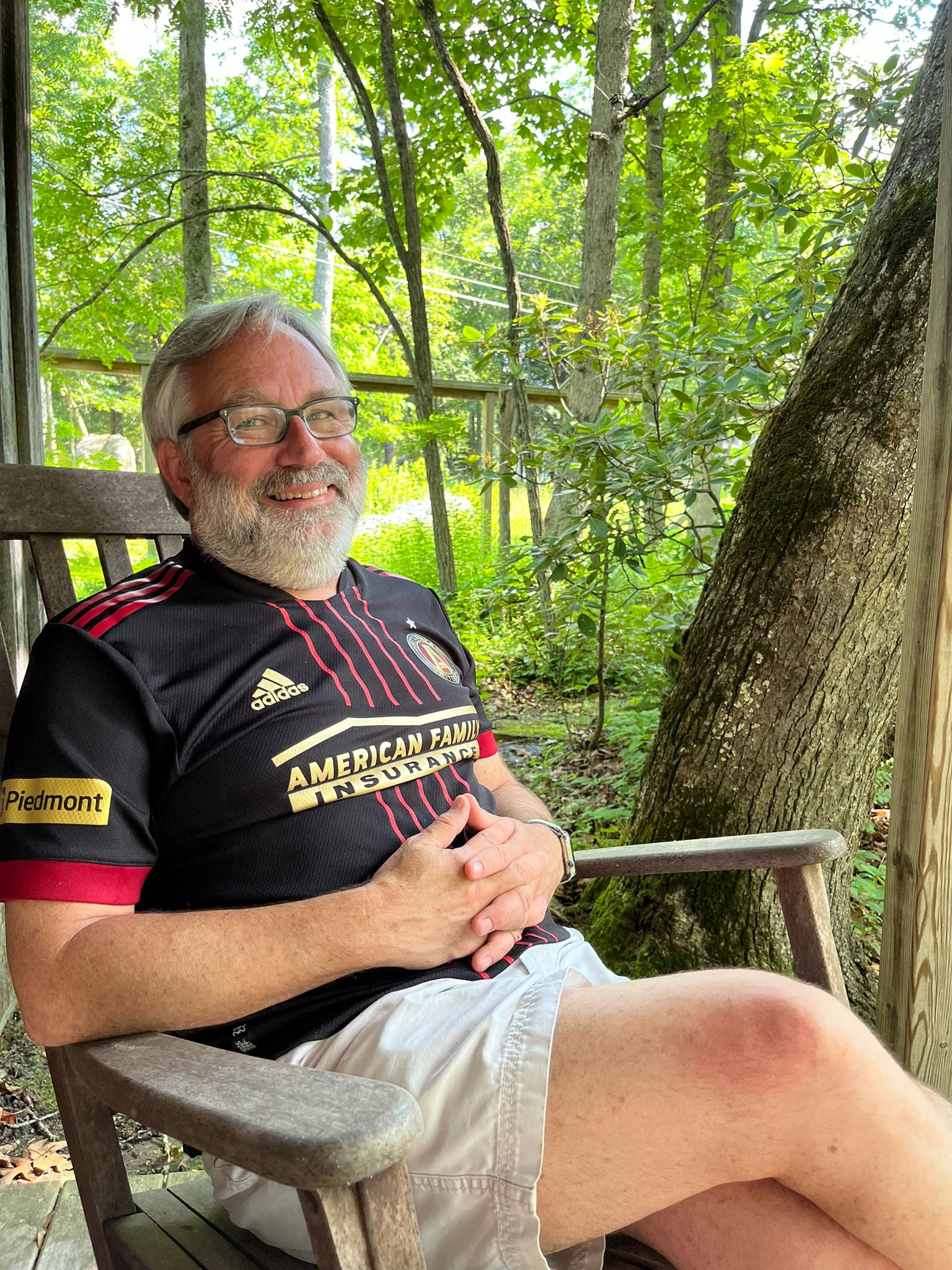Allen Moore is a Distinguished Research Professor at the University of Georgia, currently serving as the Director of the Division of Environmental Biology at NSF since October 2022. Over his 30+ year career, he has been a professor in both the USA and UK and has served in a variety of administrative roles including Director of the Centre for Ecology and Conservation (University of Exeter, UK) and Associate Dean (Education) at the University of Manchester (UK), Associate Dean of Research at the University of Exeter (UK) and Associate Dean of Research at the University of Georgia (USA). He is an evolutionary geneticist, with both theoretical and empirical research focusing on the evolution of social interactions.
There are at least four drivers for NSF investment in LTER. First, grant cycles are typically 3-5 years and important ecological and biological processes take much longer. The only way to understand them is to make long-term investments. Second, surprises, by definition, can’t be predicted and usually they can’t be understood except through a long-term lens. Third, context matters. LTER sites collect so much data that they can provide context for why a particular ecosystem is operating as it is. Finally, networking power. Because all sites collect data in similar core areas but do so in vastly different types of ecosystems, we can more easily discern big, general patterns of ecosystem function. LTER sites are more relevant than ever.

Support the people who manage our natural areas and protect biodiversity in perpetuity.